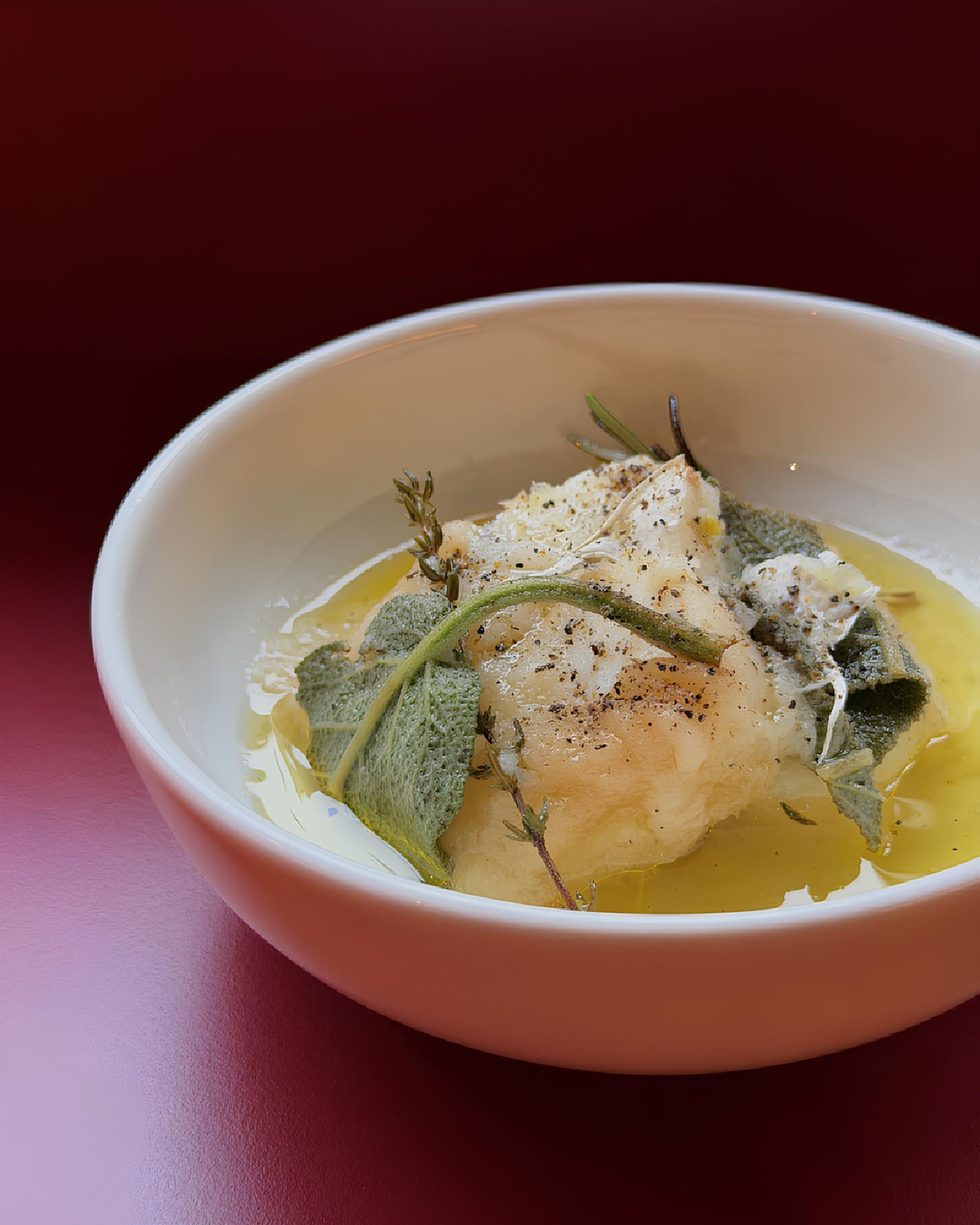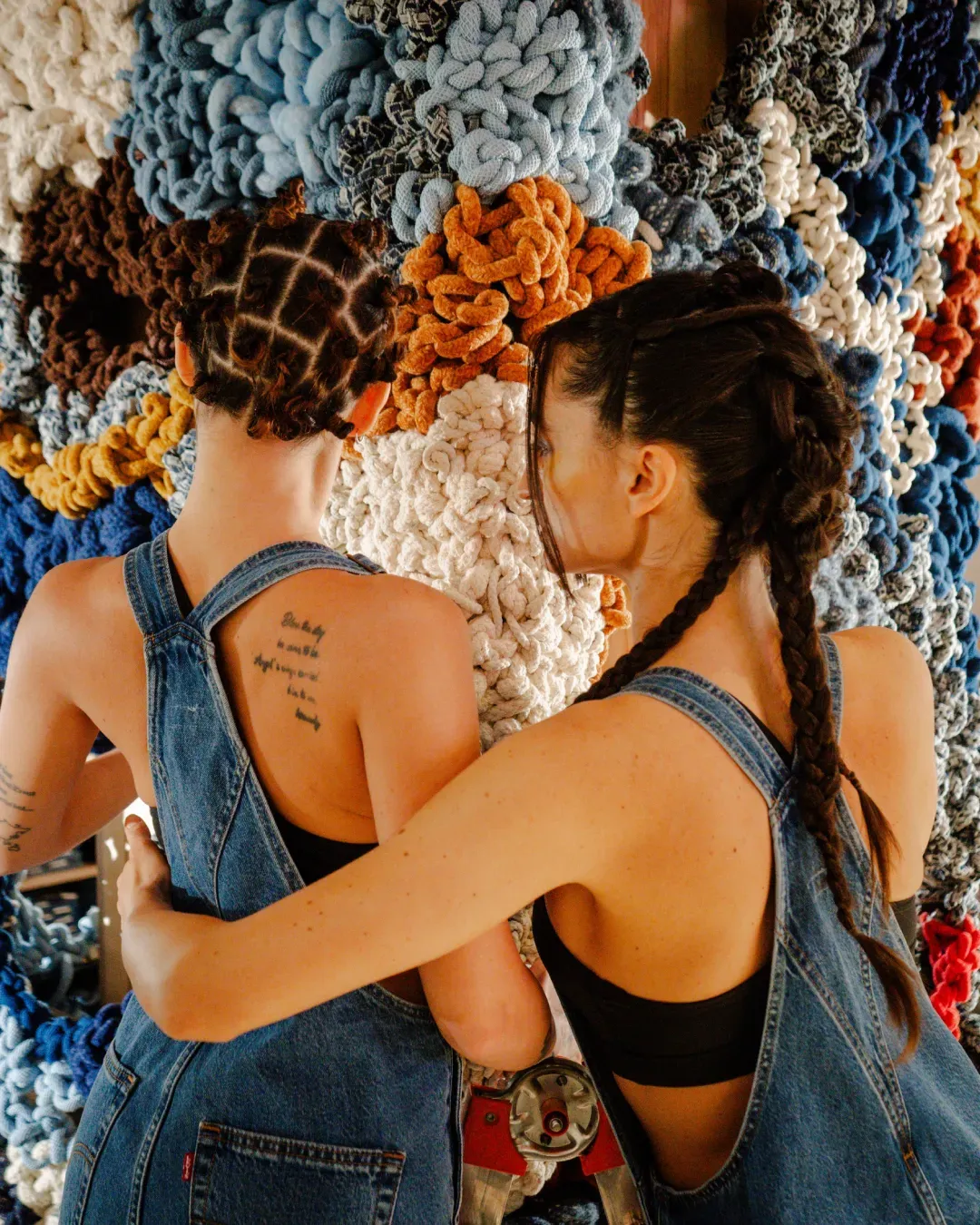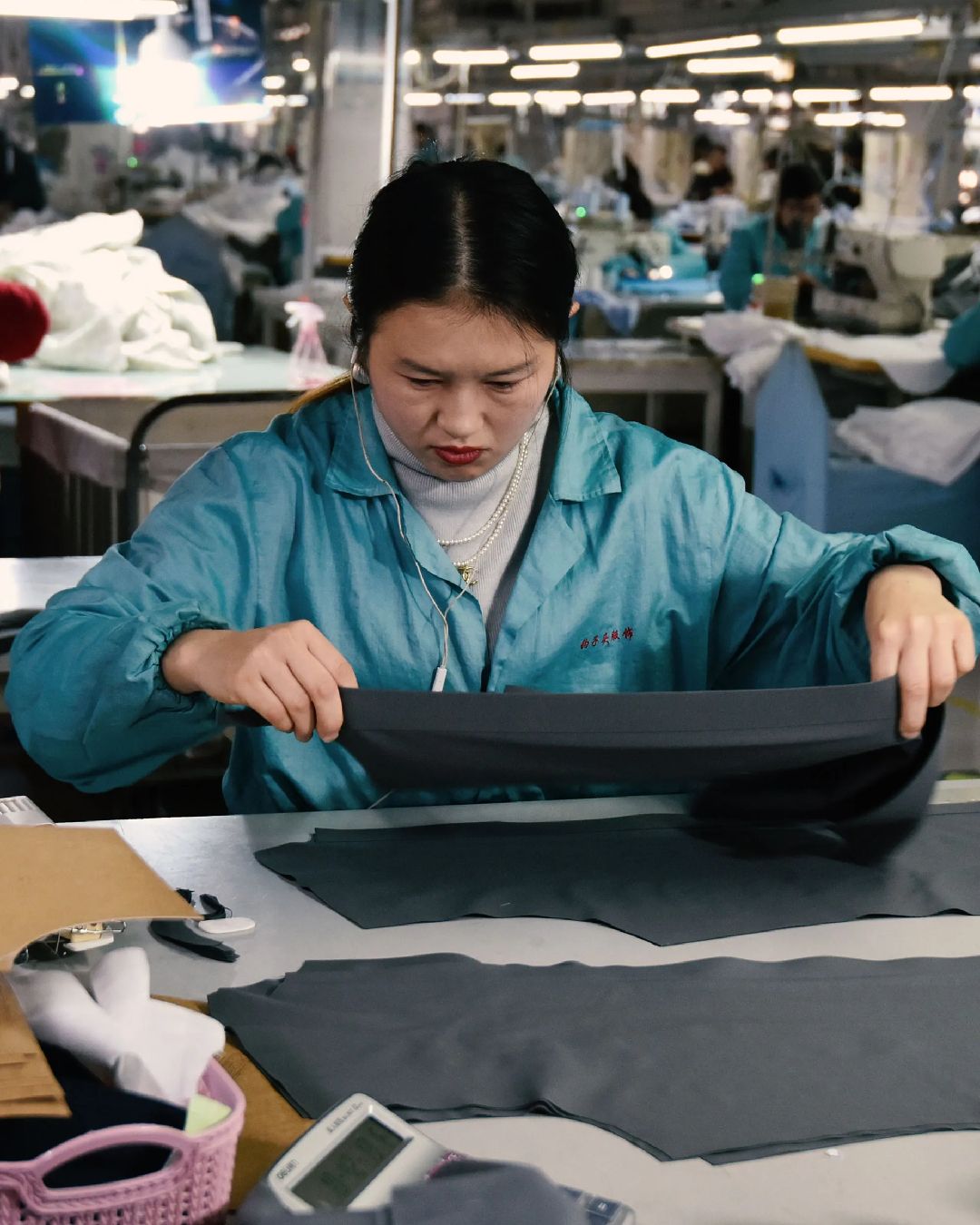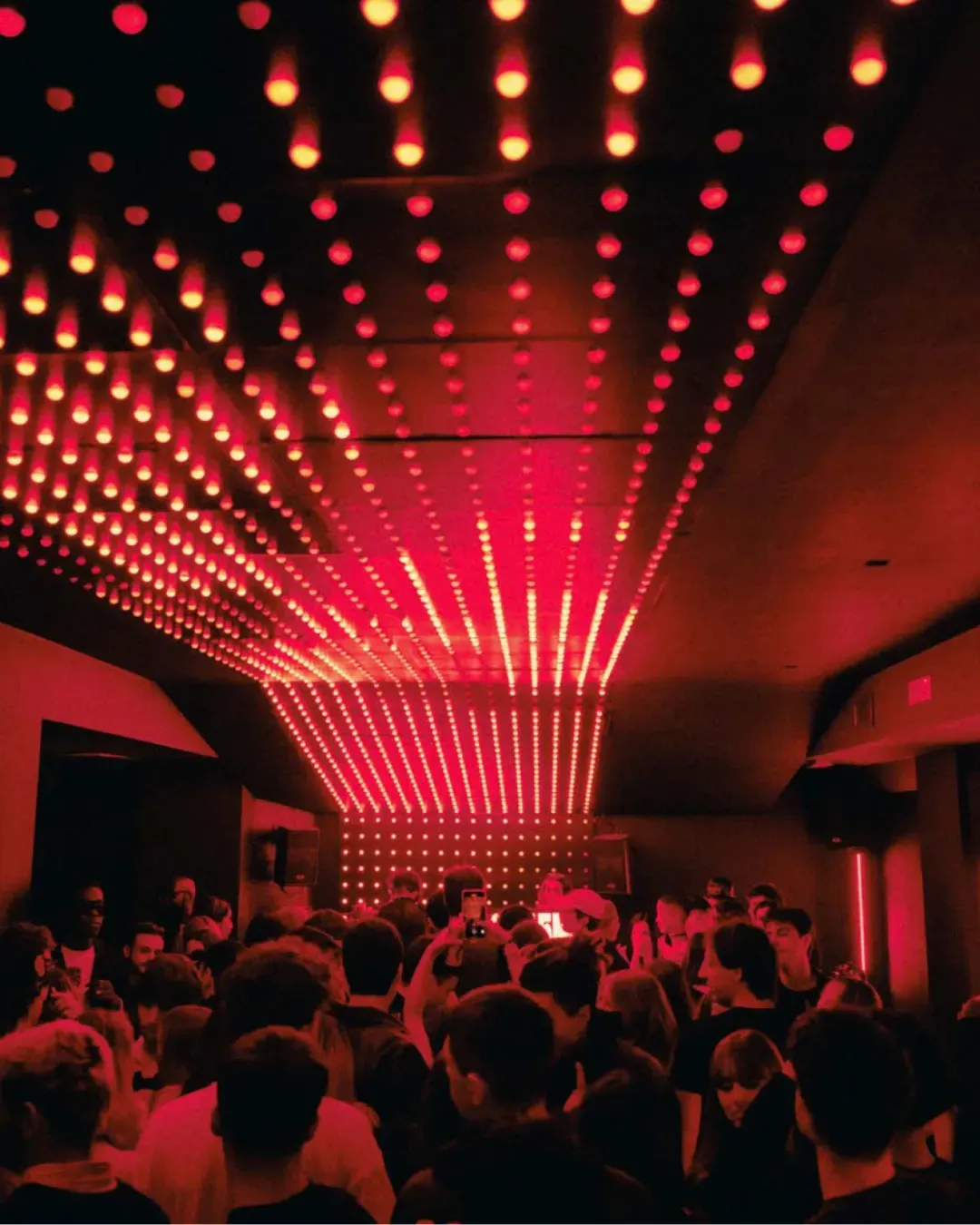
Milan's new role in the post-Covid world More than a restart, 2021 must mark a change of narrative
2020 was the year of the «interrupted» Milan - the year in which everything that the city was, in which everything in which its collective life and its international role manifested itself was put in an indefinite on hold. A sudden and dramatic change, especially as it swooped from above at a time when the design and expansion of the metropolis was at its peak. But here arises the problem of finding a new way or, rather, a new narrative that, moving away from the oltranzist positivism of #MilanoNonSiFerma (a badly aged hashtag), returns to define the role of the city with new confidence in the future and a clearer look at things. The pandemic can be an opportunity for Milan to rethink a more balanced urban dimension, which is inclusive and not only exclusive, livable and attractive as well as glossy.
2021 must become a year in which her role goes beyond the simple fame of cool spot for fashion and design, moving towards a more decisive role that leads her to become not a window, but a door to Europe. The vitality of the city has not been completely sedated by the lockdown: behind the barred shutters, behind the silent windows and behind the silence of its Saturday evenings its creatives and its great figures remained active, despite a thousand difficulties. During this period, urban development initiatives have not stopped, such as the recovery of the former railway station of Porta Romana, now in the hands, among others, of the Prada group; or like the projects of the new San Siro stadium, the projects of new parks and public gardens in the former Mameli Barracks and the collaborations between Luxottica and the Pinacoteca di Brera. Fashion week has not stopped either and the next one to be held in Milan will be the only one in Europe to provide physical shows – a sign of strong confidence in both Italian fashion and its creative community. And, above all, the Winter Olympics in Cortina, to be held in 2026 – always remembering that, precisely because of everything that happened in 2020, there is no real certainty of tomorrow.
But it's not all sweetness and rainbows. The path the city must take will lead its authorities to face the problems that past prosperity has allowed to grow to become huge elephants in the room. The threat of a real estate bubble that, despite a 1.5% price increase in the last quarter of 2020, remains an unresolved problem, linked as it is to the issue of costs and quality of life, which has led the metropolis to fall from 29th to 45th in the ranking of Italian cities, and also that of pollution – a thorny issue that is improving but remains at the center of long debates between the Municipality and the Region. Without even mentioning the count of damage that, at some point, will have to be done to evaluate the health of that ecosystem of large and small venues, cocktail bars and restaurants that had flourished everywhere in the shadow of the myth of the Expo.
More generally, in its recovery, the city and its communities will also have to come to terms with the dysfunctions of a growth model that, as the events of 2020 have made clear, cannot be exponential and infinite but become more sustainable for the city, its many and different communities and for its suburbs proposing both a system and the architectural and research studio 2050+ defined , speaking to nss, of 'archipelago city', i.e. decentralised and man-made cities, animated several focal points. On a more social level, then, to use the words of Filippo d'Asaro in the Digital Cover N.04 of nss magazine, entitled Milan Interrupted:
«If "social distancing" seems inevitable for our post-pandemic condition, safe spaces that allow "social rapprochement" remain crucial. Milan needs more "uncoded" spaces, in which individuals can interact spontaneously, without adhering to the prescriptions of an already written script».
Looking at the last twenty years of the city's history, in any case, it is clear that the key to the restart is a change of gear and paradigm – a change that the pandemic has made more necessary than ever. At the end of the 1990s the name of Milan evoked the hedonistic but stakanovista aura of Berlusconiism, the great industries and the tedious and compassionate world of offices – things changed when, with the second term of Mayor Albertini the paradigm was changed, the narrative distorted and the role of "capital of design" of the city relaunched once and for all. History must repeat itself. As Alessandro Poggi, marketing director of Uniqlo Italia, the city of «has the competitive advantage of being leaner and local than other European cities, this must lead to a faster gear shift than the others». Twenty years after its evolution, in short, a new narrative must be found for the city, a more human dimension rediscovered and the new generation of locals, all, who more who less, Milanese action, will be there to do it.













































































